What to expect from virtual reality in 2019


Virtual reality has been struggling to break into the mainstream for some years now. Initial high expectations have tapered and predictions are less optimistic as time goes by. Yet, VR is still here. The question is, is it here to stay? Headset manufacturers haven't given up, introducing both new devices and technical improvements. Standalone headsets specifically are breaking new ground. Will that be enough? Let's have a look at our predictions on what 2019 has in store for the industry.
Smartphone VR is on its way out
Two years ago, it seemed that virtual reality was on the right track. What's something that everyone has in their pocket and carries around with them everywhere? Smartphones! Using one in combination with a VR headset seemed like an ingenious solution - no need for expensive gaming PCs or complicated setups.
Samsung's Gear VR and Google's Daydream View led the way. They offered low prices compared to their PC rivals - the HTC Vive and the Oculus Rift. However, the experience they provided wasn't exactly immersive or impressive. They seemed like middle ground devices that didn't truly appeal to anyone - hardcore gamers would opt for the higher-end PC ones, while the average consumer needed to something to wow them, which the Gear VR or DayDream View didn't really offer. Not only that - they only work with a small select number of smartphones. It isn't a one-size-fits-all solution.
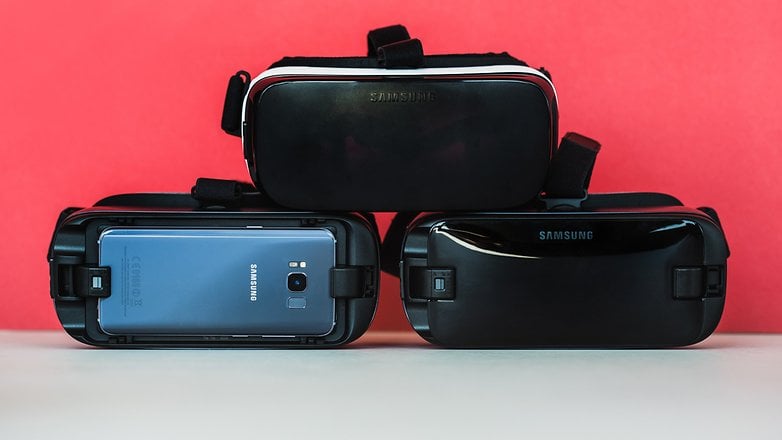
This is why it's no surprise that the latest device for the Google DayDream platform, the Lenovo Mirage Solo, is a standalone instead and no longer manufactured by Google. The other pioneer, Samsung, has also conveniently forgotten about the Gear VR. The device didn't even get a mention at the Note 9 event in August last year. The Korean manufacturer has now focused its attention on mixed reality instead, introducing the Samsung HDM Odyssey Plus at the end of 2018, which uses the Windows' Mixed reality platform.
When the two biggest smartphone VR players have given up, it's not hard to conclude that its future is in peril. However, there's still some hope. At CES 2019, HTC announced the Vive Cosmos. Although exact details are sparse, the headset will use the new Vive tracking system, have support for gesture controls, and six degrees of freedom. It will also supposedly work with both PC and smartphones. If the rumors are confirmed, it has the potential to be a best-of-both-worlds device that could breathe new life into the market.
Standalone headsets will try to make VR mainstream
The virtual reality industry seems to think that 'freeing' headsets from PCs, consoles and smartphones is the way forward and they might be on the right track. The Oculus Go and Lenovo Mirage Solo have already paved the way. The most promising new device is again coming from Oculus - the pioneers responsible for the revival of virtual reality. Called the Oculus Quest, it promises to be the first 'all-in-one VR gaming system'.
It is a true standalone, which doesn't require any external sensors and has wireless controllers. The Quest is also smaller and lighter compared to other devices on the market, which will definitely give it broader appeal. Not only that - when it arrives later this year, it will have a price tag of only $399 in the US. It seems that if there is a device that can catapult virtual reality into the mainstream, it's the Oculus Quest. Hands-on reviews from those who have demoed the headset agree with this prediction.
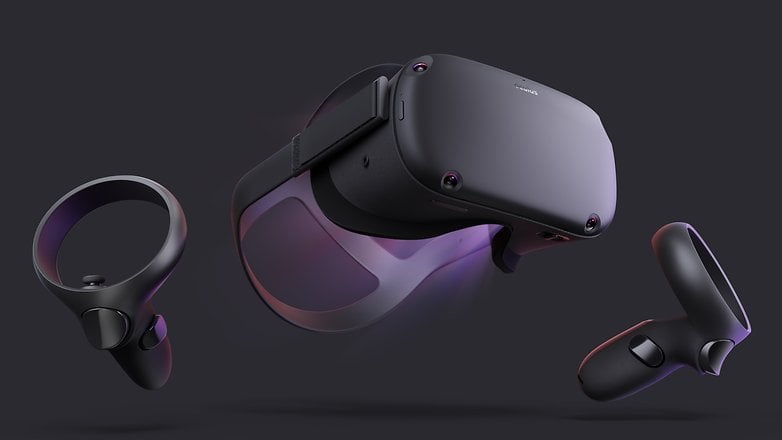
Another standalone that will arrive soon, is the HTC Vive Focus. The device has been available in China for some time now, but it will see an international release this spring. However, it is not really consumer VR. It is aimed more at business customers with applications like the Vive Sync, which will allow for office meetings in virtual reality. Its price tag of $599 is also making it clear that it won't be competing with the Quest.
Announced ahead of CES 2019, the Pico G2 4K is similarly aimed at businesses rather than individual consumers. For example, the headset features Kiosk mode, which locks the headset into a single application, but more importantly replaceable face pads, which makes cleaning easier. It seems VR might be going the way of Google Glass, which only has enterprise editions nowadays, but it's still too early to make a confident prediction.
New headsets galore
We already mentioned three new standalones to look out for this year, but wait - there's more. HTC specifically, is doubling down on its VR development. So much so, that's hard to keep track of all their new virtual reality offerings.
At CES 2019, the Taiwanese manufacturer revealed a new version of the Vive Pro - the Vive Pro Eye. It gets its name from the headset's new eye tracking capabilities. They will not only improve visuals, but also focusing.
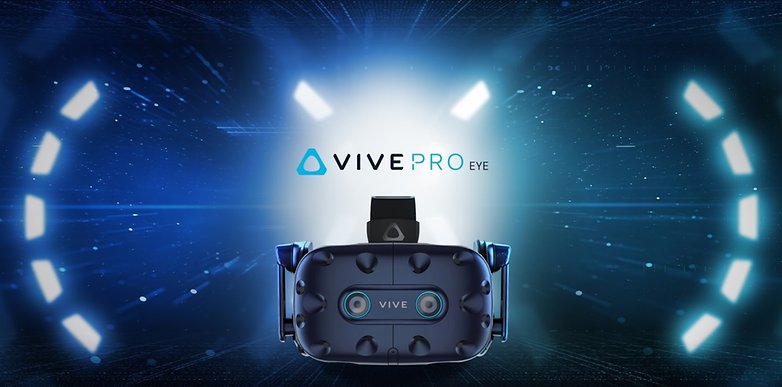
Yet, while the Vive Pro Eye is no doubt impressive and innovative, its arrival might anger some hardcore VR fans who only recently purchased the original Pro, which came out just last year. We also expect the Pro Eye to have a price tag that will match or exceed that of its predecessor (the Vive Pro costs $799, peripherals not included). It will therefore not be making strides in the effort to bring VR to the mainstream - it will be a device dedicated to hardcore enthusiasts. Of course, there's also the HTC Cosmos, which we mentioned earlier, but we know very little about it so far.
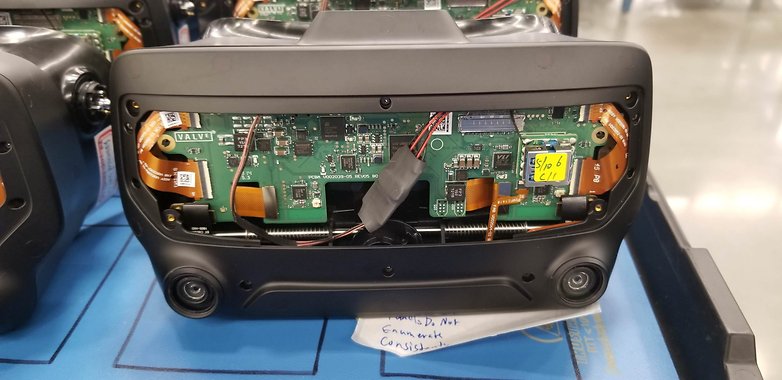
The true wildcard in the VR race is Valve. Earlier this year, we reported a leak which alleged that the Bellevue company is working on a virtual reality headset of its own. The information still hasn't been officially confirmed, but a Valve headset could a game changer, especially if it's bundled with a new Half Life game, as rumored. However, its success or failure also depends on price and availability. We should also note that Valve isn't known for its marketing. Looking at how the company has handled games like DOTA 2, which has 'advertised' itself for years now, should tell you enough.
Improved hardware and software could boost sales
If we want to make a prediction about the future of the VR industry, we shouldn't only look at numbers, but also the common problems the average consumer has with virtual reality headsets and how manufacturers are addressing them. One of the most common complaints is nausea caused by extended use. Many report that they cannot wear a headset for longer than 30 minutes. That's barely the length of a TV show episode, meaning that if the problem is not solved, feature-length VR movies or extended gaming sessions are impossible.
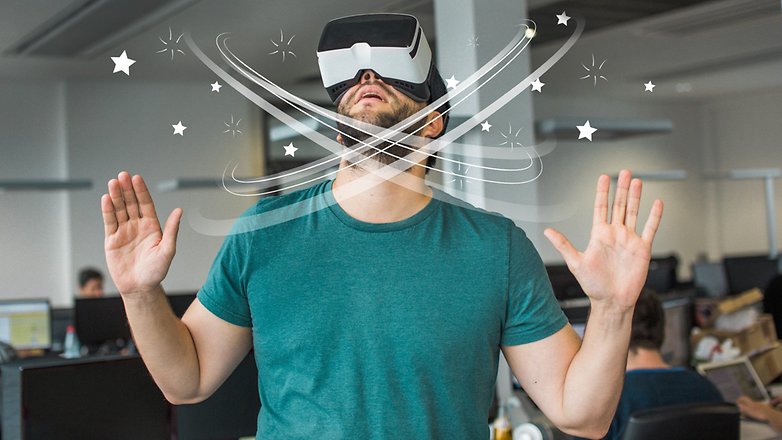
This is where eye tracking comes in. It supposedly helps with changes in focus and depth of field effects, creating a more realistic-looking environment. It also eliminates the need for physical controllers in same cases and opens up accessibility options. All of this will supposedly diminish nausea and other negative reactions that are currently common. Yet, this tech needs to become widespread quickly, if VR wants to attract more adopters.
Another issue, which is already being addressed is headset weight and bulkiness. We are already seeing slimmer and lighter devices like the Oculus Quest. Resolution and field of view are also improving. The only thing left is lower prices. So far one of the big players - HTC, has refused to budge. We'll have to wait and see if they change their mind with the Cosmos. If they don't, it is very likely that the competition will easily surpass them in sales.
VR entertainment is on the rise
Last year saw more and more companies testing virtual reality as a primary mode of entertainment. Flixbus, for example is now offering VR headsets to customers traveling select routes. Holoride, a startup backed by Audi, will also offers an in-ride VR entertainment provided by Disney. This is why we predict that this trend is here to stay and we'll likely see wider adoption in 2019, especially with headsets with removable face pads like the previously mentioned Pico G2 4K.
VR video and movies are also becoming more common. Last year, National Geographic teamed up with YouTube to offer immersive 360 journeys around the world. They also stated they intend to continue working on such projects in the future.
However, feature-length films are another matter. For VR films to succeed they have to walk a tight line between interactivity and proper storytelling. This is something even video games often struggle with. Many that attempt it are panned for lack of gameplay or interactions breaking the immersion. This is why we don't think 2019 will be the year in which VR movies explode. They need to find innovative ways to tell their stories - a blank slate protagonist, which only makes simplistic choices in a linear narrative is not going to impress viewers or critics.
VR esports are also on the rise. ESL already has a Virtual Reality League, and in 2019 HTC and HP have pledged to sponsor Omniverse VR Esports tournaments with a $50,000 annual pool, which will be split among winners. However, compared to the prizepools of DOTA 2, CS:GO and League of Legends tournaments - some of the current leading esports titles, that isn't much. The success of an esport is carried by the strength of the game, so VR needs a title that can catapult it further.
Finally, we have to mention that HTC announced an upgrade to its subscription service platform, called Viveport Infinity. It aims to be the Netflix of VR. The current monthly fee is not yet known, but the service has a lot of potential, since it will provide access to more than 500 titles.
Conclusion
Virtual reality has been improving slowly and steadily. However, the industry has been slow in addressing issues that put off many consumers. They are now making strides with multiple hardware and software improvements, but it still might be too late for some. This is why 2019 will be the year that makes or breaks the trend. If manufacturers deliver on their promises, we could see devices like the Oculus Quest finally giving VR that mainstream exposure it desperately needs. If they don't, expect them to go the way of their ancestor Nintendo's Virtual Boy - an unsuccessful and forgotten gimmick.
What are your predictions for VR's future? Let us know in the comments below.

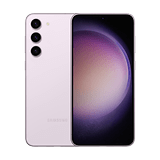
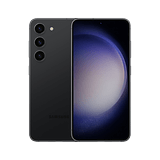


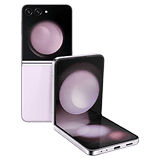


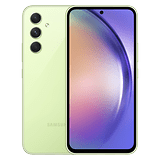





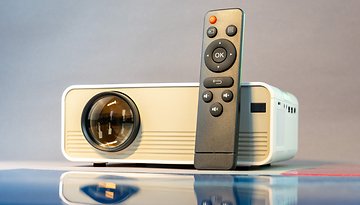




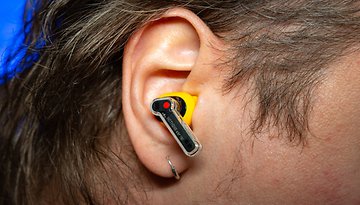
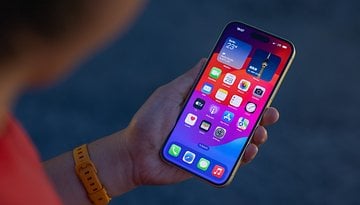


While HTC's market share in smartphone market is on the brink of extension, the company may continue to thrive in VR market through sale of its VR headsets.
In all probability as VR market grows to new dimensions, we will see many new innovative startups and steady recovery and regrowth of struggling companies like HTC.
Suzana Maam you are the best writer among all the writers of Android Pit. 😊😊
Thank you! Glad you are enjoying the content.